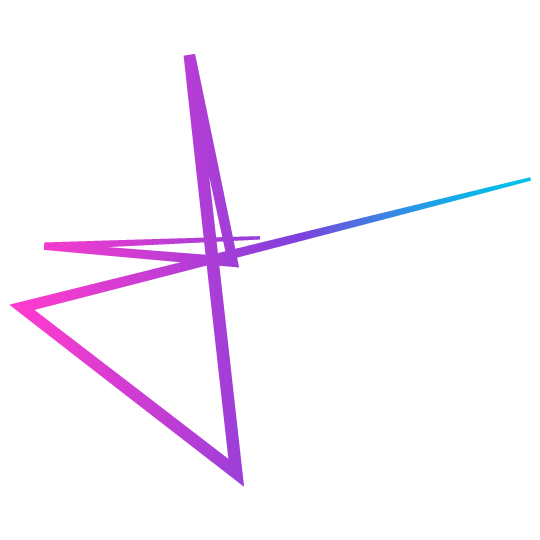The most common, tangible, basic understanding of productivity might look like time management, goal setting, project planning with an emphasis on work, effort and discipline. Productivity likes to manifest itself into to-do lists, task organization, project trackers, Gantt charts, kanban boards. Or buzzwords like time management skills. Vision planning. Discipline. Motivation. Hustle. Grind. Drive. Ambition. Most of it sounds and feels unpleasant. Productivity sounds like tricking your brain into doing something you naturally, instinctually don’t want to do. It’s functional behavior on how to be productive doing passionless work. If that’s what productivity feels like to you. If you’ve only been able to maintain a productivity level of time manager doing “passionless”, “purposeless” work and work life balance is tolerating work but living for vacations and weekends.
What if productivity could be a formula for passion, purpose and play? What if work felt like play. What if motivation felt like passion. What if discipline felt like purpose. How effortless would the day to day feel. How easy would it be to get out of bed. How much more satisfying would everyday be. How much more stress-free could you go to bed, knowing you put everything you had into each day… but it’s not a grind, not some mind over matter mantra, or some form of superior, ultra-discipline but in fact felt easy, sustainable and almost effortless.
If that’s what you’re looking for, here’s where to start… start thinking of productivity as more than just a process for producing output, more than just time management skills. Starting thinking of productivity as, “Productivity is the art of managing flowstate”. What the hell does that mean? First, time management, goal setting and project planning are just tools with the aim of producing output but really these tools are actually meant to mimic, replicate the act of getting into flowstate without really understanding that’s the point of what it’s trying to do. It does that by trying to remove stress, anxiety and procrastination by managing time, clarity and organization. But ultimately the first principle of productivity is flowstate – or being present in your work. For example, recall after a highly productive day or activity, at the highest level of productivity you might feel…
- No stress, anxiety, frustration
- Clarity, focus, intensity
- Zero procrastination, actionable
- Instinctual, intuitive, intellectual, intelligence
- Presence, moment, connection, present, losing track of time
- No judgement, criticism, expectations
- Feel prepared and practiced
These are the same exact feeling of flowstate or being present or being in the zone.
Looking at that list, your first reaction might be, it sounds so elusive, so rare, like getting 1 to 50 highly productive days out of the year is a good year. Or maybe you’re able to get over 300 highly productive days a year, but it grinds down the very last fray of nerve and discipline and you need to take multiple vacations and breaks just to maintain some peace of mind. Or maybe productivity isn’t a life goal or priority and life is one never-ending playdate, work just enough to sustain a fun life, seeking every drop of play and pleasure. We know either one isn’t sustainable but those in one camp can’t bare to be in the other and some form of the middle ground doesn’t seem viable either. And down in our gut, we know we’re compromising with mantras like “work-life balance”, it isn’t perfect but guess it’s the best we can do so it’s good enough. But what if there’s better than good enough. What if there’s perfect.
So the questions are, is productive flowstate manageable or unpredictable and elusive? Can you be highly productive without sacrificing the effortlessness of play? Or can you still have a play and presence mindset without sacrificing productivity? From my experiences, I’ll share the problems and solutions I’ve learned when facing these obstacles to overcome and sustain effortless productivity.
